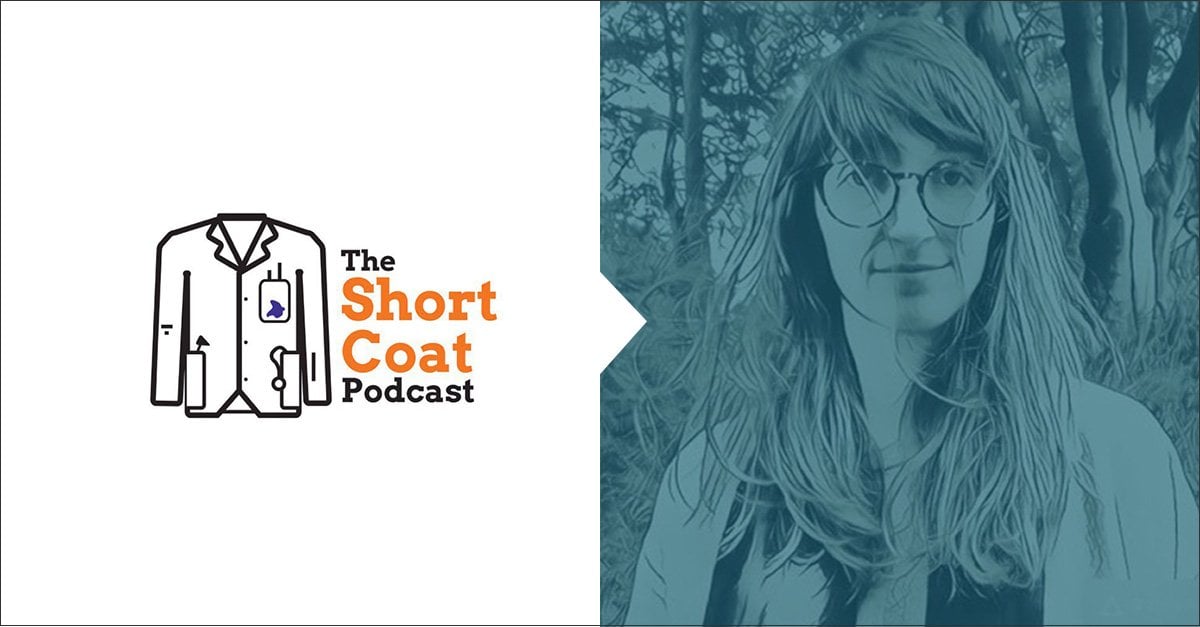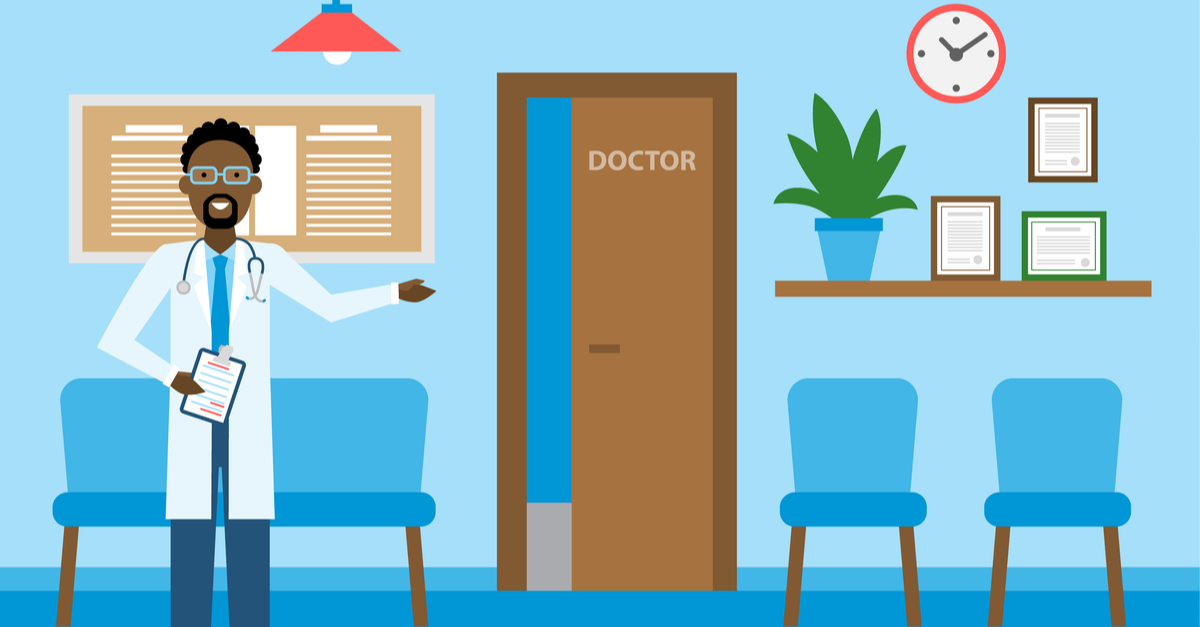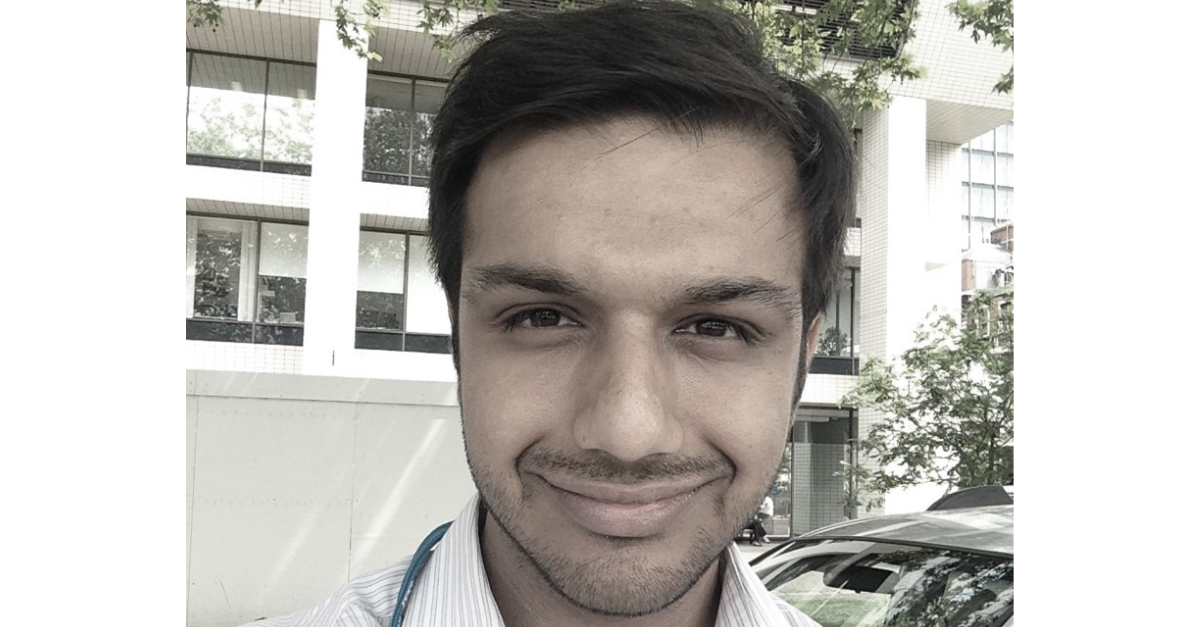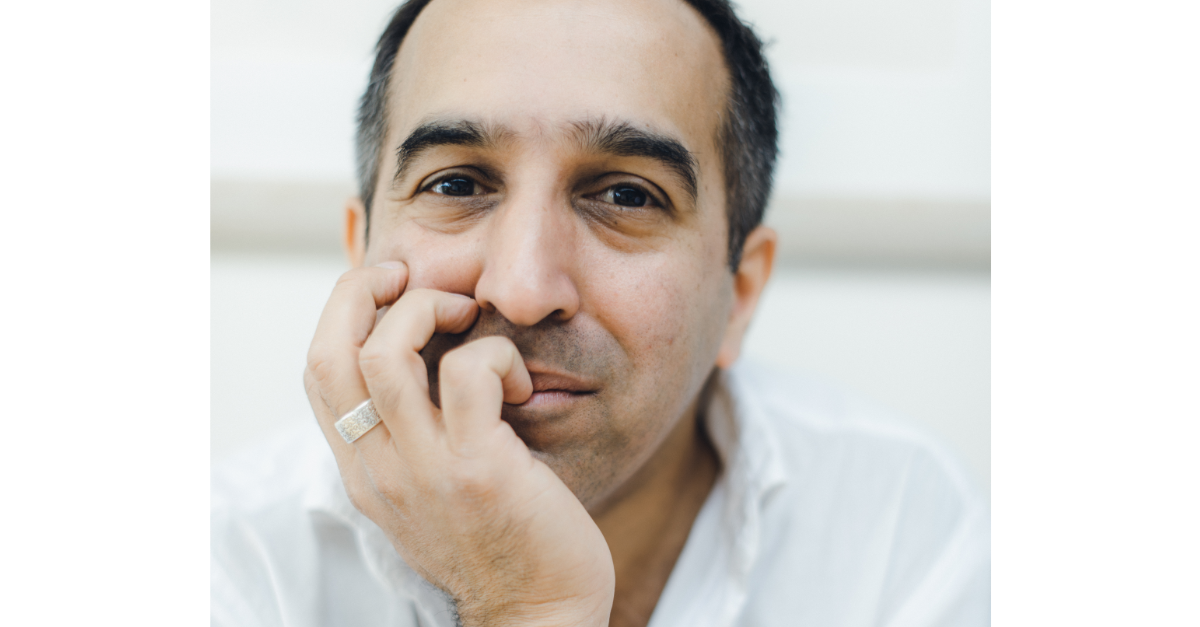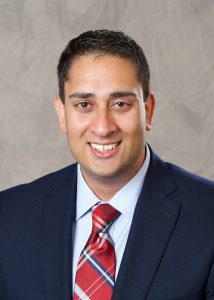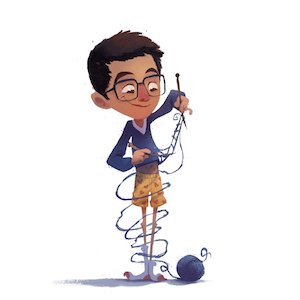A live stage show featuring the stories of healthcare providers is now a podcast.
The day-to-day of internship, residency, and an MD career doesn’t allow much time to process the effect it’s having on the practitioner. Rushing from one patient to the next, putting out the fires even while drinking from the firehose, and being selfless in service to the patients’ needs means that one’s own stories are buried, neglected. More and more, however, medicine is acknowledging the need for practitioners to examine and tell their stories so that they can learn from them, teach their lessons to others, and show colleagues that they are not alone. In 2015, Dr. Emily Silverman was in her second year of her internal medicine residency at UCSF. She found herself with a little more time following her frenetic intern year, and with her own stories that had gone untold and unexamined. She started to write, first in a blog she called The Nocturnists. Then, in 2016 she organized the first live storytelling session with her colleagues.


